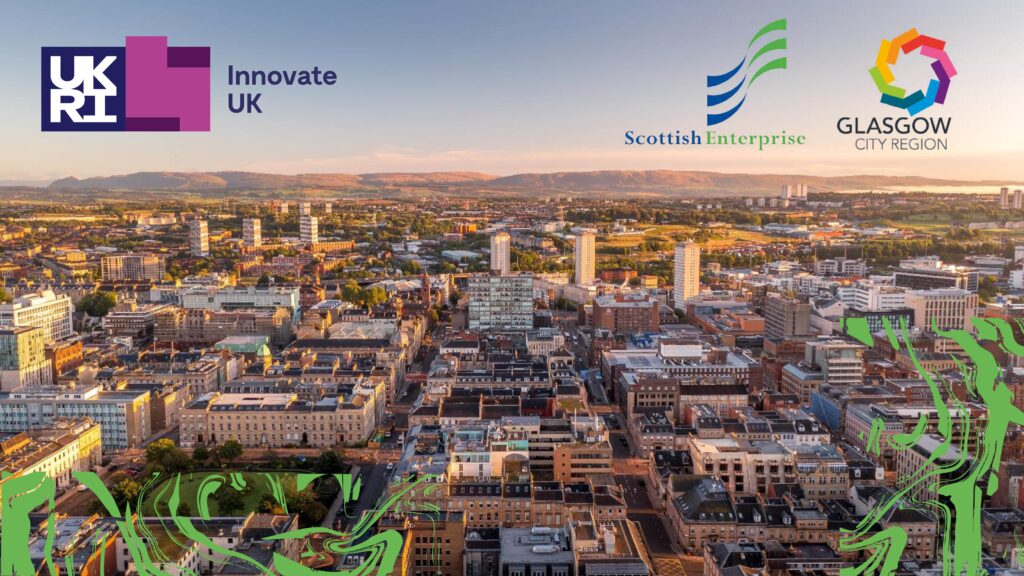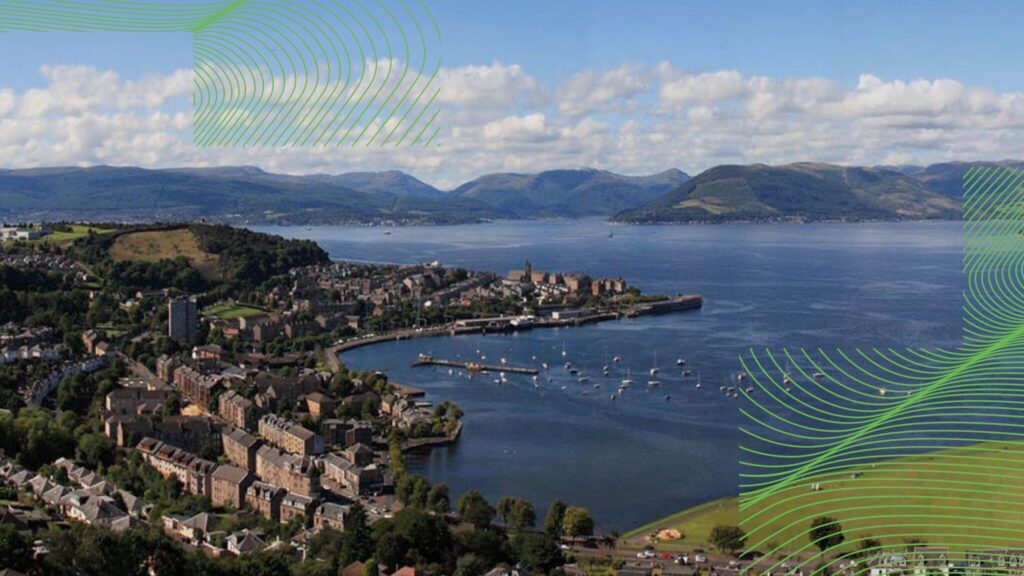November Director’s Blog: Innovation Action Plan

Today we formally launched a new action plan for the Region’s innovation economy.
I wanted to say a few things about the plan and what it means for the Region.
Firstly, we are clearly starting from a position of strength, with the Region’s world-class innovation economy already thriving and set to grow even further. Our selection by the UK Government to be one of three pilot regions for the £100 million Innovation Accelerator programme is evidence of this.
Critically, the plan is underpinned by two key contributions which have directly shaped the priorities and actions within the plan. An extensive research exercise by our own Intelligence Hub has identified the clusters and sectors within the local innovation economy where we have a competitive advantage, which offers the highest potential for growth and opportunity for investment – and effectively where we should place our focus. Furthermore, the document was developed in consultation with 120 senior stakeholders from business, academia, the third sector, the investor community and local and national government.
The plan itself is a key deliverable in the Region’s Economic Strategy — addressing the productivity challenge through innovation, raising levels of Research and Development (R&D) spend, drawing greater private investment, generating new businesses and promoting faster growth in key sectors.
As a final point, the Innovation Plan has been co-authored by Glasgow City Region, Innovate UK and Scottish Enterprise. Together with key stakeholders our partnership approach, which is one of four key strengths, will be instrumental to its success, the delivery of the 34 actions and to elevating the promotion of the Region’s innovation offer at a national and global level.

Glasgow City Region Investment Zone
Following the announcement in June that Glasgow City Region and the North East of Scotland would be the first two Investment Zones in Scotland, we have been working closely with both government to kick off the process to develop and shape formal proposals for an £80 million local Investment Zone and to firm up the parameters we need to work to – including sectors, geography, interventions and delivery models. An analysis of current Investment Zones in England by the Intelligence Hub was also carried out to consider how we can best maximise the opportunity and impact.
On the back of this, together with the member councils we have agreed a set of key objectives for the Region’s Investment Zone and the clusters and sectors we need to focus on to be part of it.
Out intention is to align the Investment Zone proposals with existing strategy, the priorities and challenges we seek to address through the Region’s Economic Strategy, and with existing investment including the City Deal and the Innovation Districts.
The new zone/s should facilitate the development and regeneration of underdeveloped land; and we need to ensure benefits are extended widely beyond the selected zone/s, so will scope future options for a related skills programme for local residents and a Regional investment fund. We would expect the selected zone/s to also create a significant number of mid to high-skilled jobs.
Working with a number of local and national partners, the Intelligence Hub has identified the priority clusters which will form the focus of our proposal – Life Sciences, Energy and Net Zero, Digital Creative Industries, Advanced Manufacturing and Precision Engineering, Digital and Enabling Technologies and Services – and their underlying sectors.
These will build on the strengths of the Region’s current and emerging cluster specialisms and will generate short and longer-term private sector investment through existing businesses and wider supply chain development.
The Glasgow City Region Cabinet has now approved this approach.
With the support of Scottish Enterprise and Skills Development Scotland, our eight member councils will continue to engage with potential partners within the priority clusters and underlying sectors.
Discussions are also taking place with academic institutions to look at opportunities within their portfolio of projects.
Once concluded, a series of propositions will be put forward for discussion with government and Regional partners with a view to the selection of the Region’s Investment Zone in the new year.

Future Skills
Key to the success of our economy is for us to have a Skills system which is fit for the future, supporting the needs of local businesses and emerging industry sectors and providing jobs, career progression opportunity and the best chances for all residents.
At a special meeting of the Regional Economic Partnership in September, the Withers report findings on the skills landscape for Scotland was discussed and a working group is now shaping up a response with proposed actions and recommendations for a future Regional Skills system and our asks from the Scottish Government.
In parallel to this, we have also undertaken various pieces of work to better understand labour challenges and skills shortages across four sectors (Local Government, Health and Social Care, Logistics and Transport, and Hospitality), how these might be addressed, by whom, and whether there are actions we can take to intervene. Clear actions will be progressed, with a specific emphasis on the local government sector and focusing on key areas of skills shortages such as planning officers.
In the past 18 months, there has been a significant increase in resources and funding devolved to the Region, with an anticipated £200 million of new investment or funding to be managed at a Regional level. Proper devolution of skills policy to the Region would be a logical next step.